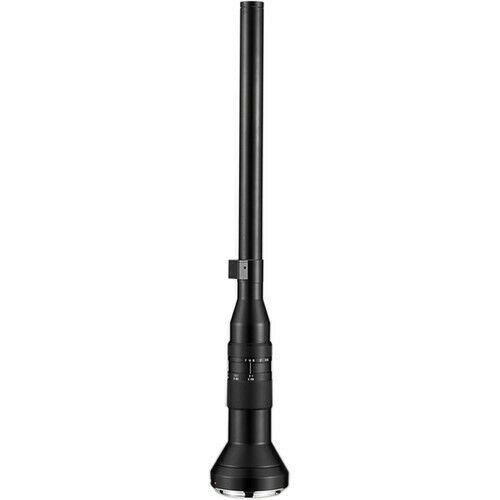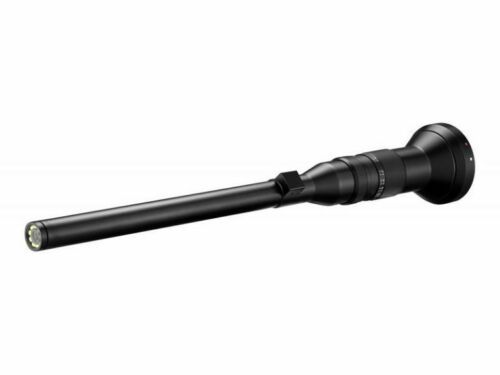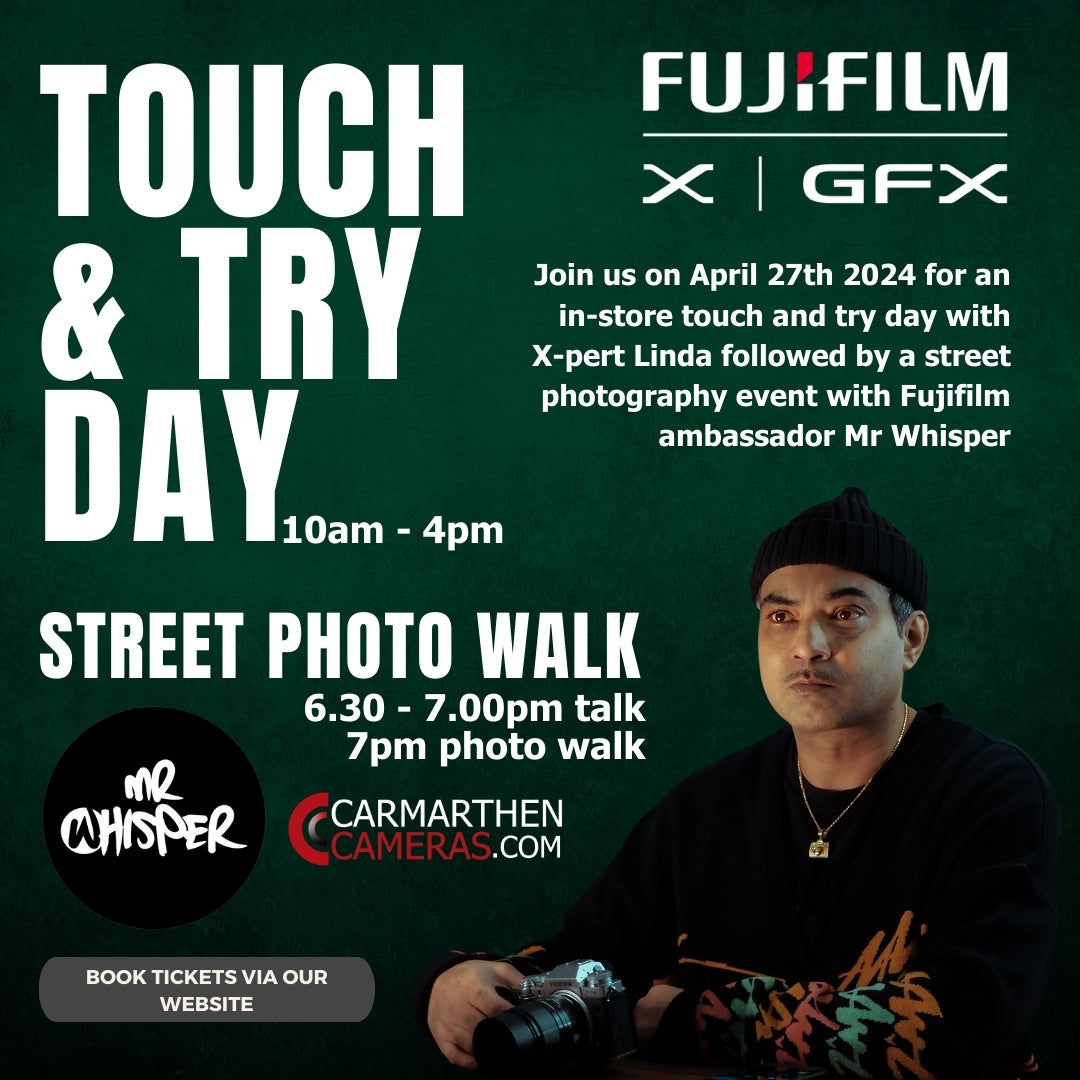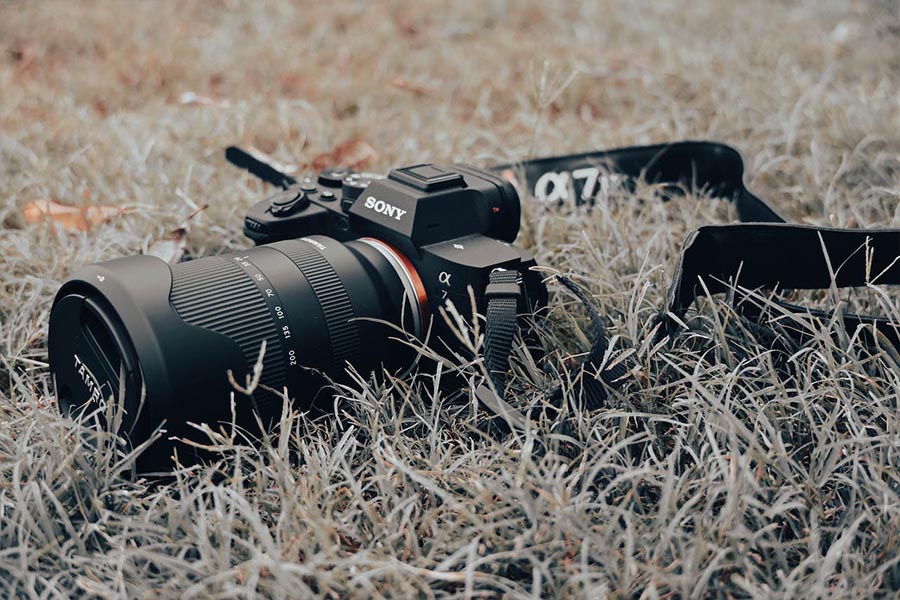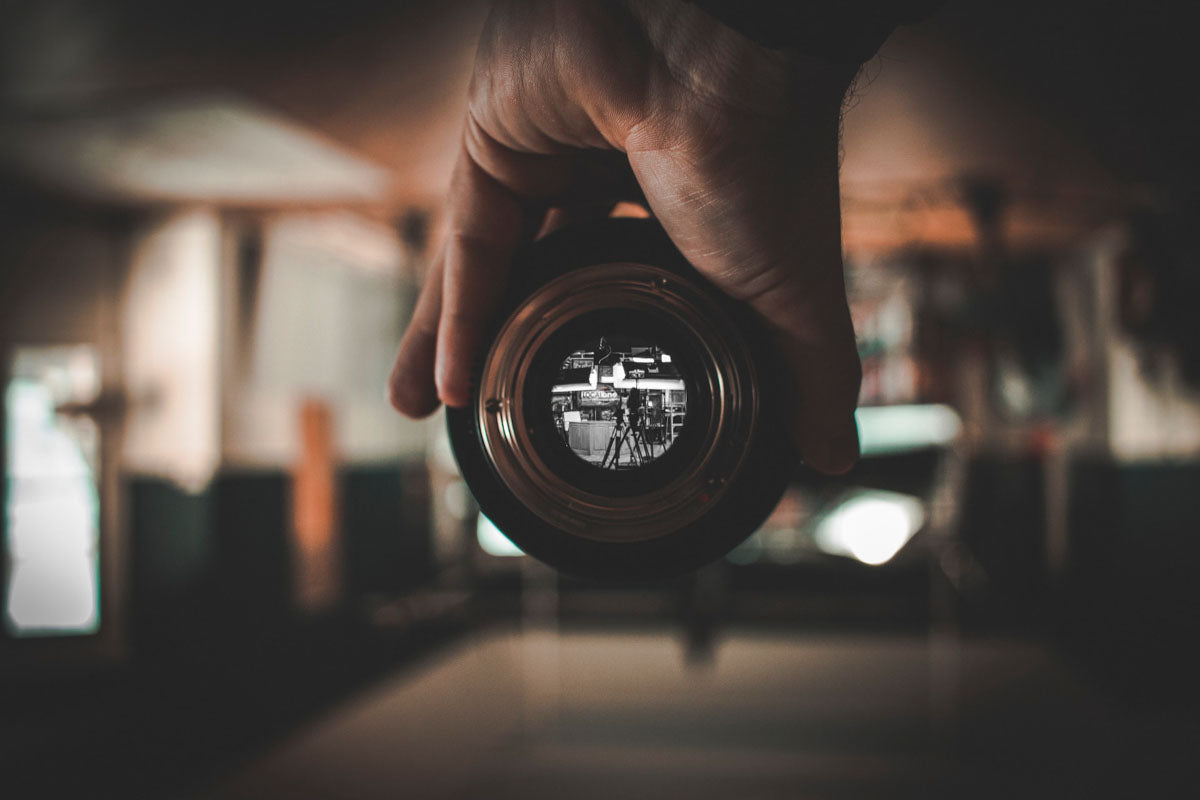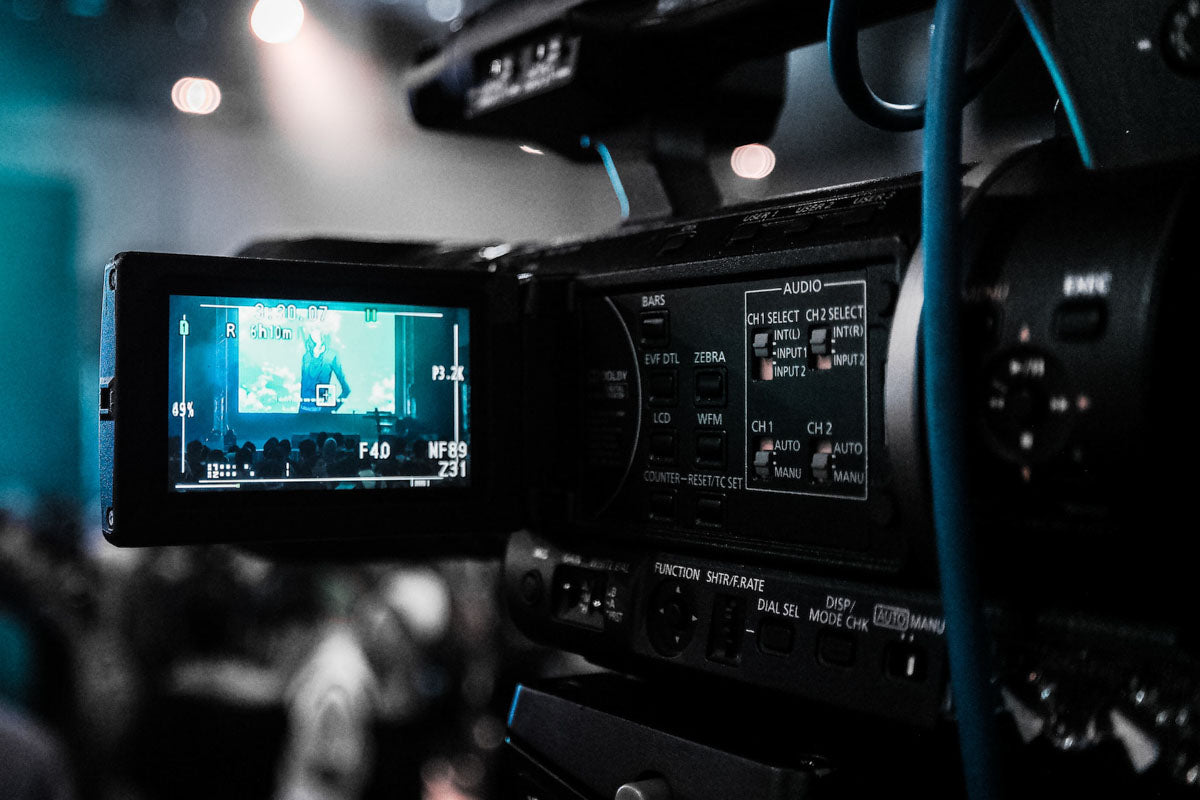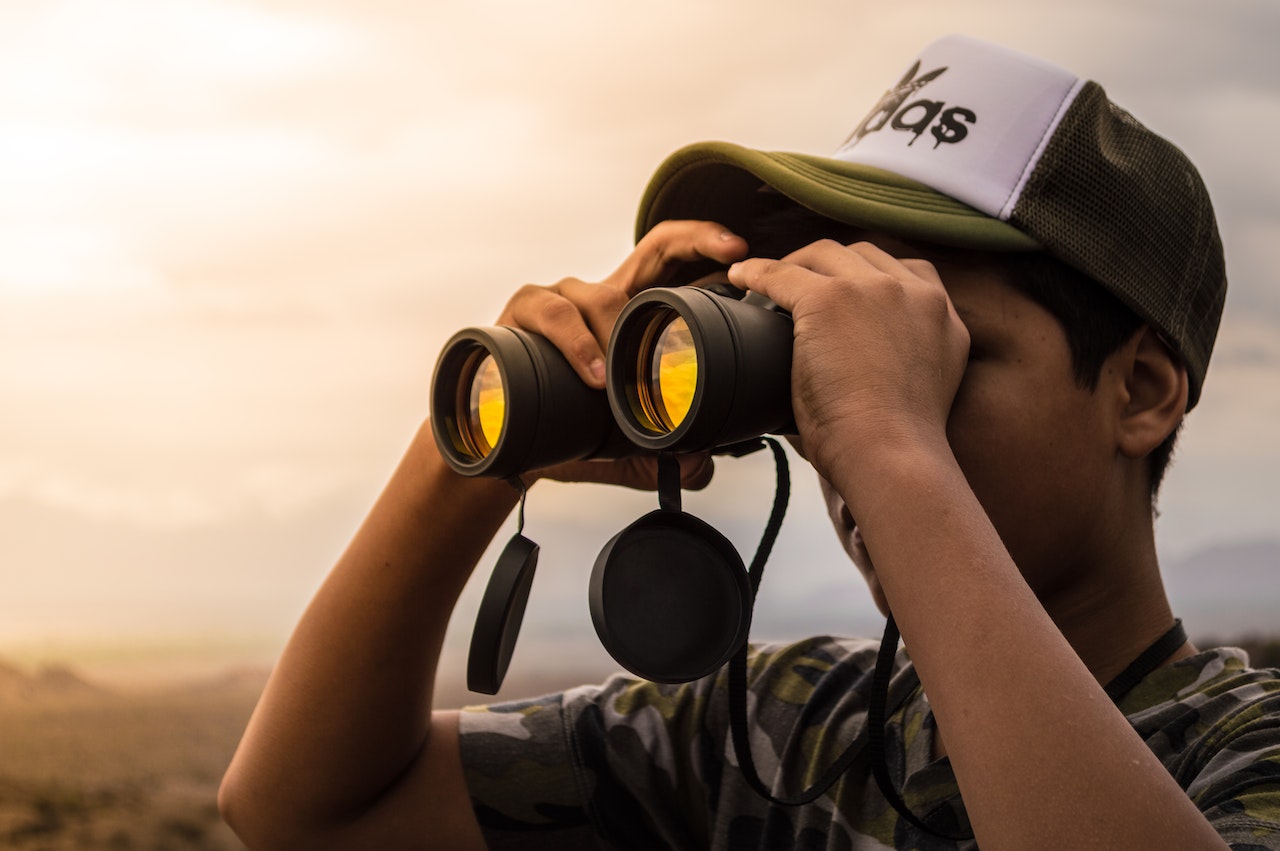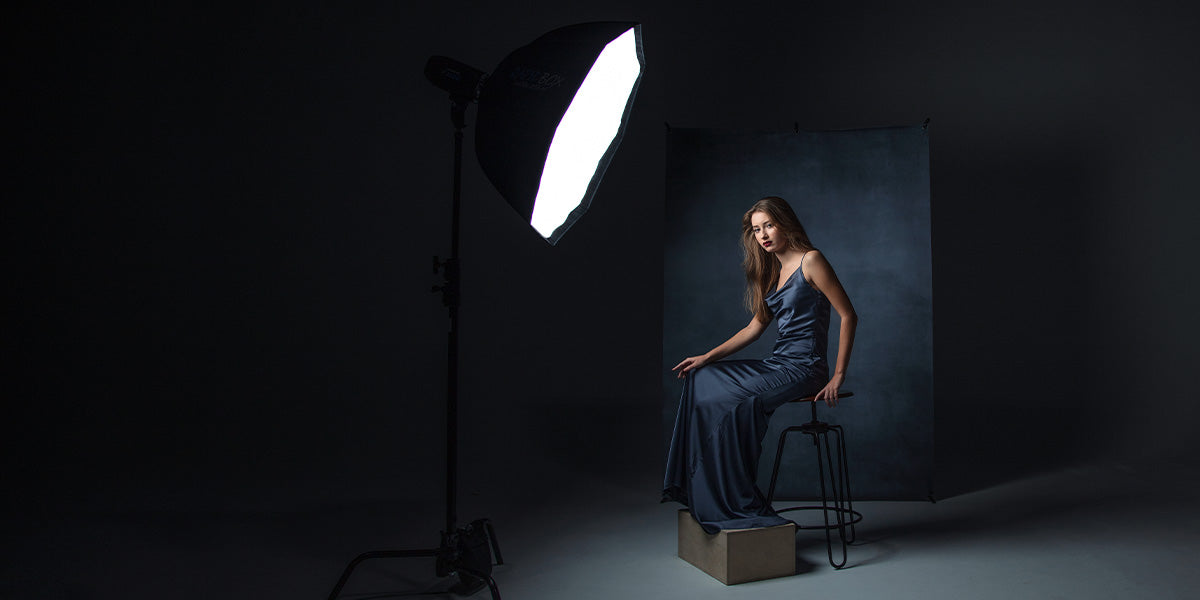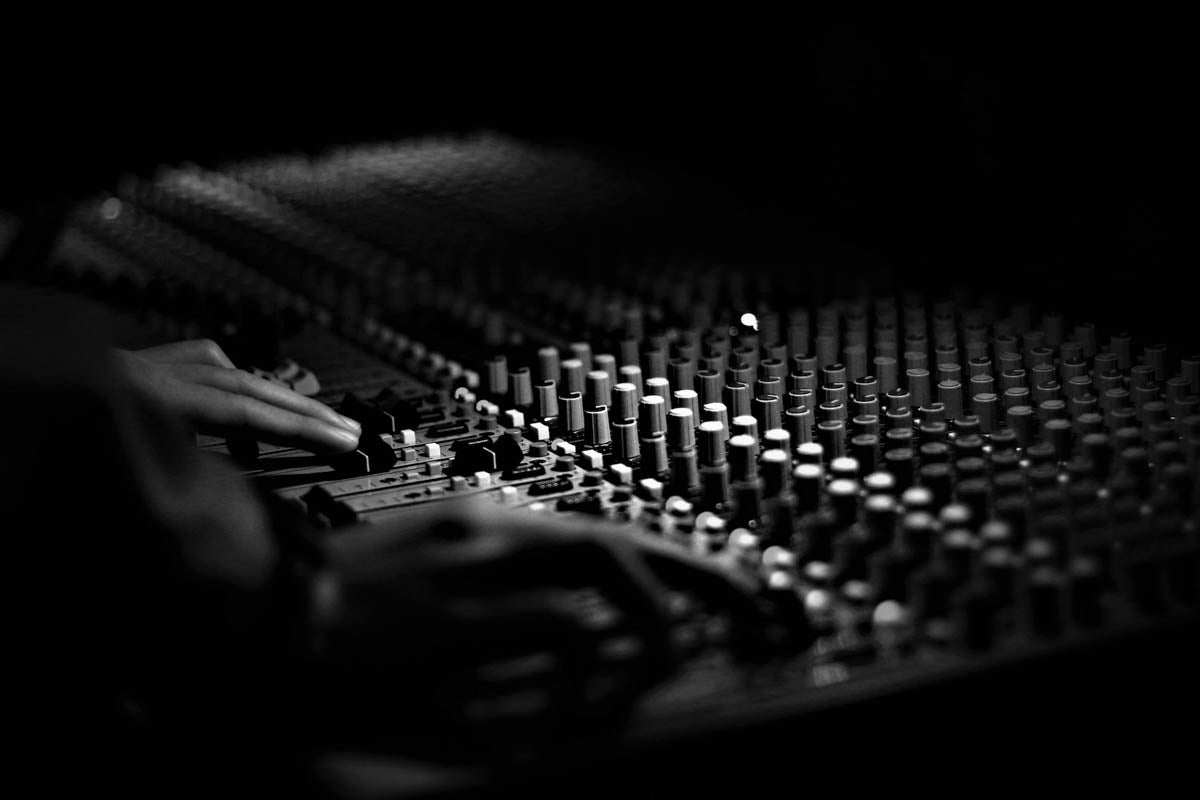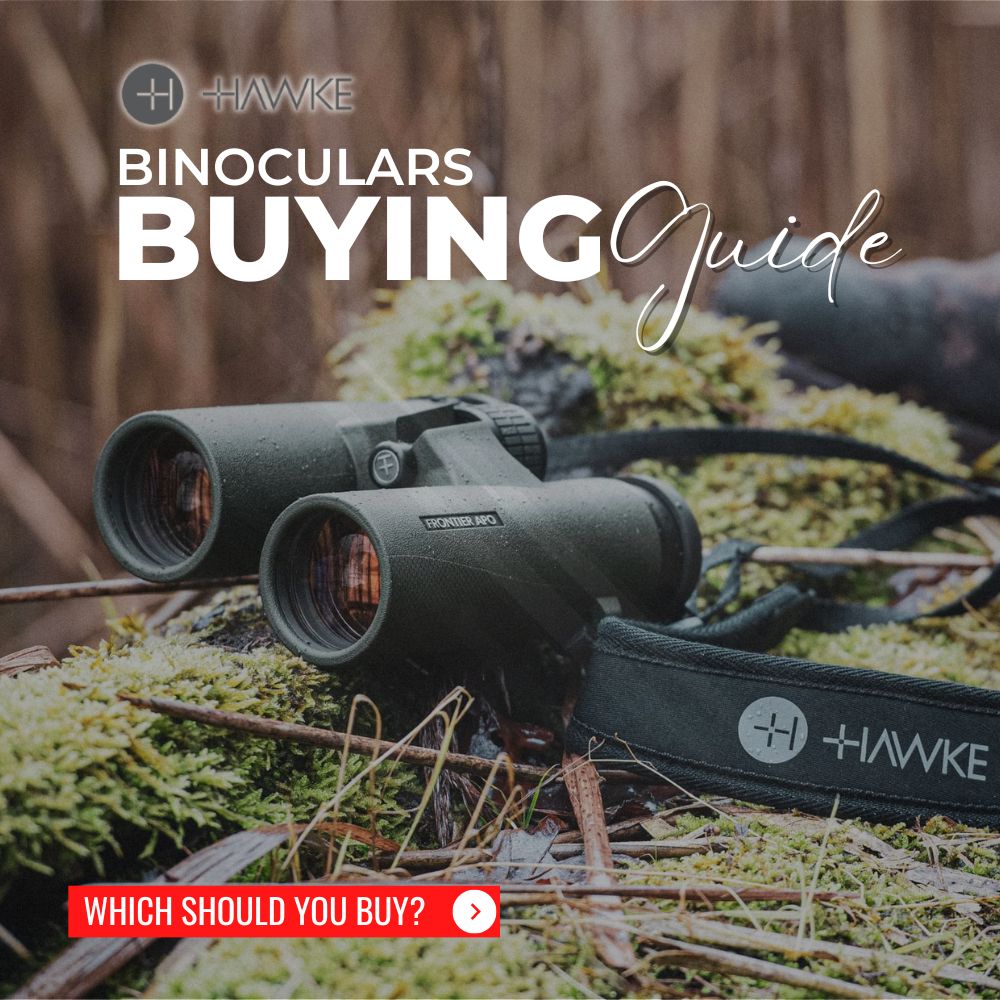Product Description
Laowa 24mm F14 2x Macro Probe Lens
This innovative product has already made waves in the photography world, having been successfully funded on Kickstarter and ranking as the second most funded lens project of all time. Introducing the world's first consumer-grade probe lens, this lens is capable of focusing from 2:1 macro to infinity, while also providing a unique and captivating wide angle 'Bug Eye' perspective.

The wide angle design of this lens allows for a much greater depth of field at close distances than what is possible with a conventional telephoto macro lens. This means that more background details can now be captured, providing a more comprehensive and immersive experience for the viewer. Additionally, the front barrel of the lens is waterproof, and an LED ring light is mounted at the tip of the lens, ensuring that you can capture stunning images in any lighting condition.

This lens is incredibly versatile, as it can cover both standard 35mm full frame and Super35 image sensors, making it perfect for a wide range of photography needs. It is also super lightweight, making it easy to carry with you wherever you go.

What? It’s an f/14 not f/1.4? Why is there a LED ring light at the front? Macro photography is about Depth of Field and smaller apertures are usually required. An LED ring light (powered by an optional external battery) is embedded in the lens tip to provide additional lighting for focus assistance. In most cases, the more lighting you have on your subject, the better your shot will look. An included variable-output Control cable lets you adjust the amount of light from the LED.

For those in the videography industry, a "Cine-mod" version of the lens is available, which includes standard gear focus and aperture rings, specifically designed for videography purposes. Additionally, the lens comes with a variable-output Control cable and a rugged aluminium carry case, ensuring that your equipment stays safe and secure while on the go.
What sets our lens apart is that it also provides a wide-angle ‘Bug Eye’ view (84.1°), allowing you to capture more of the background details in your shot. This unique feature enables you to create a stunning macro bug-eye perspective that no other lens can achieve. The ability to focus so closely to the subject opens up a world of shooting possibilities.

The wide-angle design of our lens also means that it offers a much greater depth of field at close distances compared to telephoto macro lenses. This feature allows you to capture more background details in your shots, making it an excellent choice for both studio and wildlife photography.
In summary, the Laowa 24mm lens is a game-changer in the world of macro photography. It offers a unique perspective that no other lens can achieve, allowing you to capture stunning and informative shots with ease.

DOF comparison between 24mm f/14 and traditional tele macro
For example, the bug below is around 4 mm (0.15 in.) in size and it was captured by the 24mm f/14 Probe at 2:1 Macro magnification. The greater DOF allows more leaf area to be in focus compared to telephoto lens.
From indie to professional. From macro to wide angle. From still to video. From studio to wildlife. This lens is designed for everyone. This lens is designed to bring each and every photographer and videographer a new striking perspective to shoot. Are your ready to infuse your creativity into this lens and create shots that nobody has seen before?

